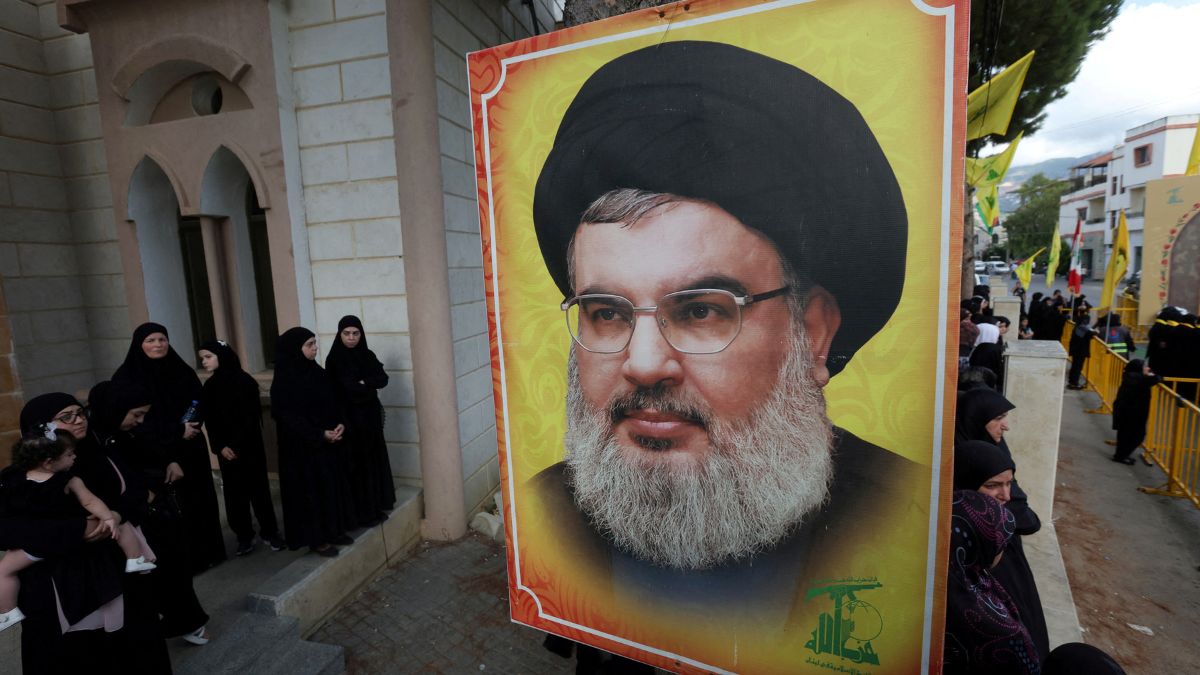) |
|
The international landscape has been thrown into turmoil following Israel's announcement of the death of Hezbollah leader Hassan Nasrallah. The Israeli Defense Forces (IDF) confirmed Nasrallah's death in a tweet, stating that he would 'no longer be able to terrorize the world.' The announcement came after overnight airstrikes in Beirut, Lebanon, which the IDF claims targeted Nasrallah and other Hezbollah commanders. The IDF further stated that alongside Nasrallah, Ali Karaki, the commander of Hezbollah's Southern Front, and other high-ranking members of the Lebanese group were also killed.
The death of Nasrallah comes on the heels of escalating tensions in the region, with Israel engaged in a conflict with Hamas in Gaza. Prime Minister Benjamin Netanyahu delivered a fiery speech at the United Nations General Assembly, refusing to back down from the conflict. While the US and other nations have called for a ceasefire, the IDF's actions suggest a continued escalation. The IDF stated that Nasrallah, during his 32-year reign as Hezbollah chief, was responsible for numerous deaths of Israeli civilians and soldiers. The military also accused him of orchestrating terrorist attacks around the globe, killing civilians of various nationalities.
Iran, Hezbollah's closest ally, has reacted strongly to the news. Ayatollah Ali Khamenei, Iran's Supreme Leader, convened an emergency session of the Supreme National Security Council, where officials expressed concern over Nasrallah's whereabouts. Ali Larijani, an advisor to Khamenei, called Israel's actions a 'crossing of Tehran's red lines,' suggesting a serious escalation in the conflict. He further stated that assassinations would not solve Israel's problems and that others would take the place of those killed. The global community is now watching intently to see how the Middle East will respond to the death of Nasrallah and the potential escalation of the conflict.
